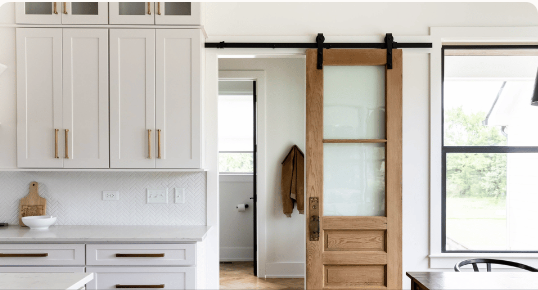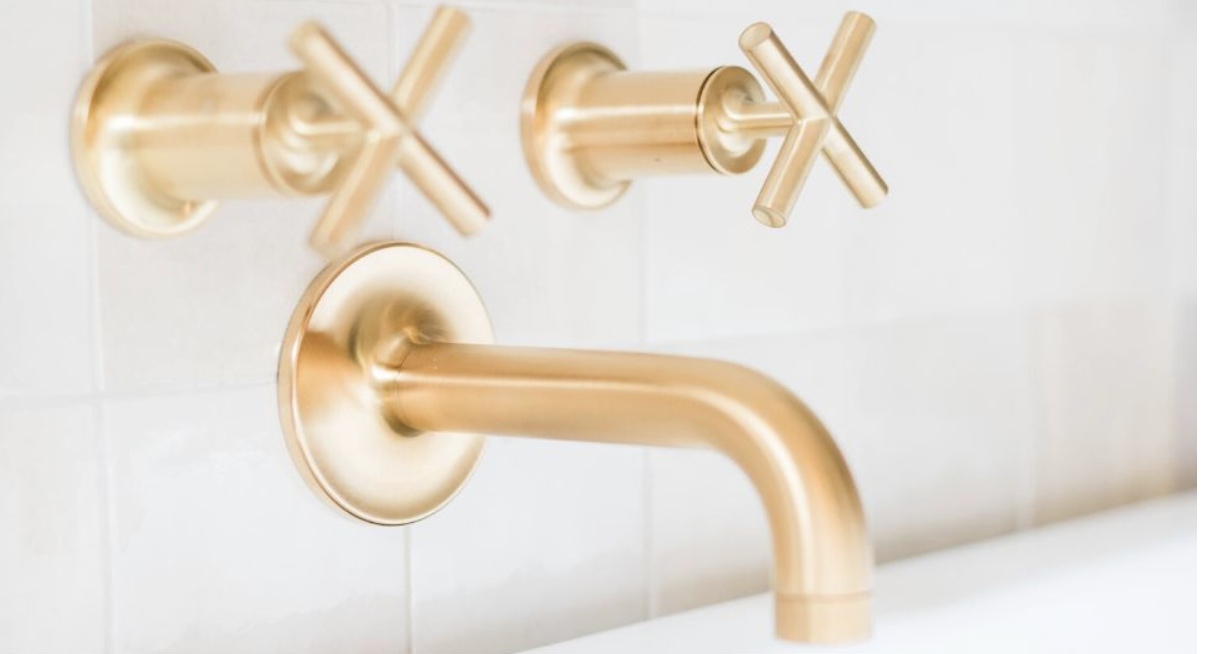The Power of Local Expertise in Real Estate
In today’s digital age, it’s easy to assume that everything—including buying or selling a home—can be done online. Online listings are convenient, offering a vast array of properties at the click of a button. However, when it comes to making one of the biggest financial decisions of your life, nothing beats the personal touch and expertise of a local real estate agent. If you’re looking to navigate the real estate market with confidence and ease, here’s why working with a local agent is far superior to relying solely on online listings.
1. Local Agents Have In-Depth Market Knowledge
Real estate markets vary widely from city to city, and even from one neighborhood to another. A local agent brings unparalleled knowledge about market trends, pricing strategies, and community developments that an online listing simply cannot provide.
How This Helps You:
● Accurate Pricing: Agents know the true market value of a home beyond what automated online estimates suggest.
● Neighborhood Insights: They understand school districts, crime rates, upcoming developments, and community amenities.
● Competitive Strategies: Local agents can advise on whether it’s a buyer’s or seller’s market and how to adjust your strategy accordingly.
2. Access to Exclusive Listings and Off-Market Properties
Online listings only show a fraction of the available properties. Many homes are sold through private networks before they even make it online. Local agents have access to exclusive listings and can connect buyers with sellers before a home becomes widely available.
Why This Matters:
● More Choices: You get access to homes that aren’t publicly listed.
● Less Competition: You can make offers on homes before they hit the crowded online market.
● Better Deals: Sellers may be more willing to negotiate before a home is publicly listed. 3. Personal Guidance and Negotiation Expertise Buying or selling a home is not just about finding a property—it’s about negotiating the best deal, handling paperwork, and navigating complex legal requirements. Local agents act as your advocate, ensuring you get the best price and terms possible.
Key Benefits:
● Stronger Negotiation Power: Agents know how to craft compelling offers and counteroffers.
● Avoiding Pitfalls: They can identify red flags in contracts, inspections, and appraisals.
● Smooth Transactions: Agents coordinate with lenders, inspectors, and title companies to prevent delays.
4. Understanding of Local Regulations and Paperwork
Real estate transactions come with a mountain of paperwork, legal requirements, and local regulations. A mistake in any of these areas can be costly. Local agents are well-versed in the rules specific to your area and can guide you through the process seamlessly.
How They Help:
● Compliance Assurance: Avoid fines and legal issues by ensuring everything is properly documented.
● Contract Expertise: Agents explain contracts and contingencies in simple terms.
● Smooth Closings: They manage timelines and paperwork to ensure on-time closings. 5. Personalized Service and Human Connection Unlike an impersonal online listing, a local agent provides a hands-on, personalized experience. They understand your unique needs, preferences, and concerns, offering tailored advice to help you find the perfect home or buyer.
What This Means for You:
● Customized Home Searches: Agents filter listings based on your lifestyle, commute, and long-term goals.
● Guidance Beyond the Sale: Many agents offer post-sale support, including contractor recommendations and community introductions.
● Peace of Mind: Having a dedicated professional by your side reduces stress and uncertainty.
6. Saving Time and Avoiding Scams
Online listings can be overwhelming, with hundreds of properties to sift through—many of which may be outdated, misleading, or outright scams. A local agent saves you time by curating the best options and verifying their legitimacy.
How They Help:
● Avoid Fake Listings: Agents vet properties to ensure they are legitimate and accurately represented.
● Time-Saving Showings: Instead of visiting multiple unsuitable homes, agents schedule targeted showings.
● Streamlined Communication: Agents handle inquiries, paperwork, and negotiations, saving you countless hours.
7. Stronger Connections with Local Professionals
Buying or selling a home involves multiple parties—inspectors, appraisers, mortgage brokers, and contractors. Local agents have established relationships with trusted professionals, ensuring you work with reliable experts.
The Advantage:
● Reliable Recommendations: Agents connect you with reputable service providers.
● Faster Processes: Pre-existing relationships can speed up inspections and approvals.
● Trusted Network: You benefit from a network of professionals who prioritize quality and customer service.
Final Thoughts:
The Local Advantage While online listings provide a helpful starting point, they lack the depth, expertise, and personal service that a local agent offers. Whether you’re buying or selling, working with a professional who understands the nuances of your local market can save you time, money, and stress.
Take Action Today
If you’re considering a real estate move, don’t rely solely on online listings. Reach out to a trusted local agent who can provide expert guidance and insider access to the best deals. A smooth and successful transaction starts with having the right professional by your side. Are you ready to start your home search or list your property with confidence? Contact a local real estate agent today and experience the difference firsthand!














